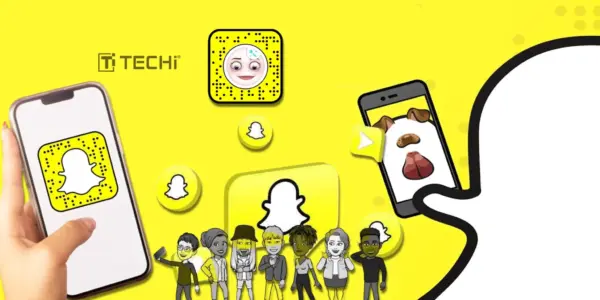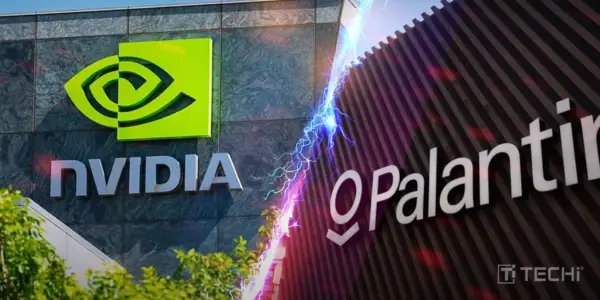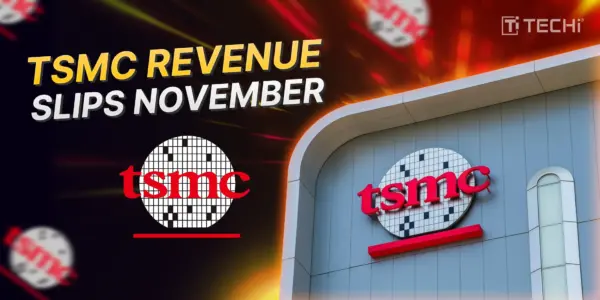The presumptions of reporters are often baffling. Bloggers (myself included) are usually worse, but when everyone in the tech blogging world and even respected journalists at the NYTimes start talking about “inexperience” and “hasty negotiations” being behind the losses in paper wealth that the founders of Instagram are taking, I have to wonder why they get paid to write at all.
In hindsight, Instagram probably should have cut a different deal with Facebook rather than go along for the ride with the majority of the purchase tied to stock without the protections that most mergers of this type carry. In hindsight, Yahoo should have bought Google and sold to Microsoft. Blockbuster should have bought Netflix. News Corp should have never bought MySpace. Digg should have sold when it was 10X its final sale price.
Twenty-twenty. That’s what hindsight is.
Instagram has lost nearly $300 million since Facebook’s IPO. Most deals of this type have either a fixed dollar value attached to the stocks or a “collar” that allows for minimums and maximums on value of the stocks that can be adjusted if the stock moves too high or too low. In this case, Instagram would have benefited greatly from either.
Then again, had Facebook stocks soared like many thought they might and had Instagram opted for the safeguards in the deal, the same journalists and bloggers would be talking about how much money they could have made had they stuck with a fixed number of shares rather than a collar or a fixed value.
This is pretty simple. They new they were getting more cash than they knew what to do with from the deal. It’s not like this was spread out amongst dozens of VCs and hundreds of employees. The people making the deal held most of the cards. They saw the options and decided to latch onto Facebook (which was extremely bullish at the time a couple of months ahead of the IPO) and ride it out. If the shares dropped to zero they’d still be filthy rich. Why not take a chance of getting in at $30 a share and watching that number skyrocket?
They rolled the dice. So far, the gamble has not paid off. If the deal goes through, don’t expect them to sell out the moment they can. They’re in it to win and they have plenty of cash sitting around to not have a need to cash out early. It might have been a mistake, but it was one based upon risk rather than ignorance as many have insinuated.




